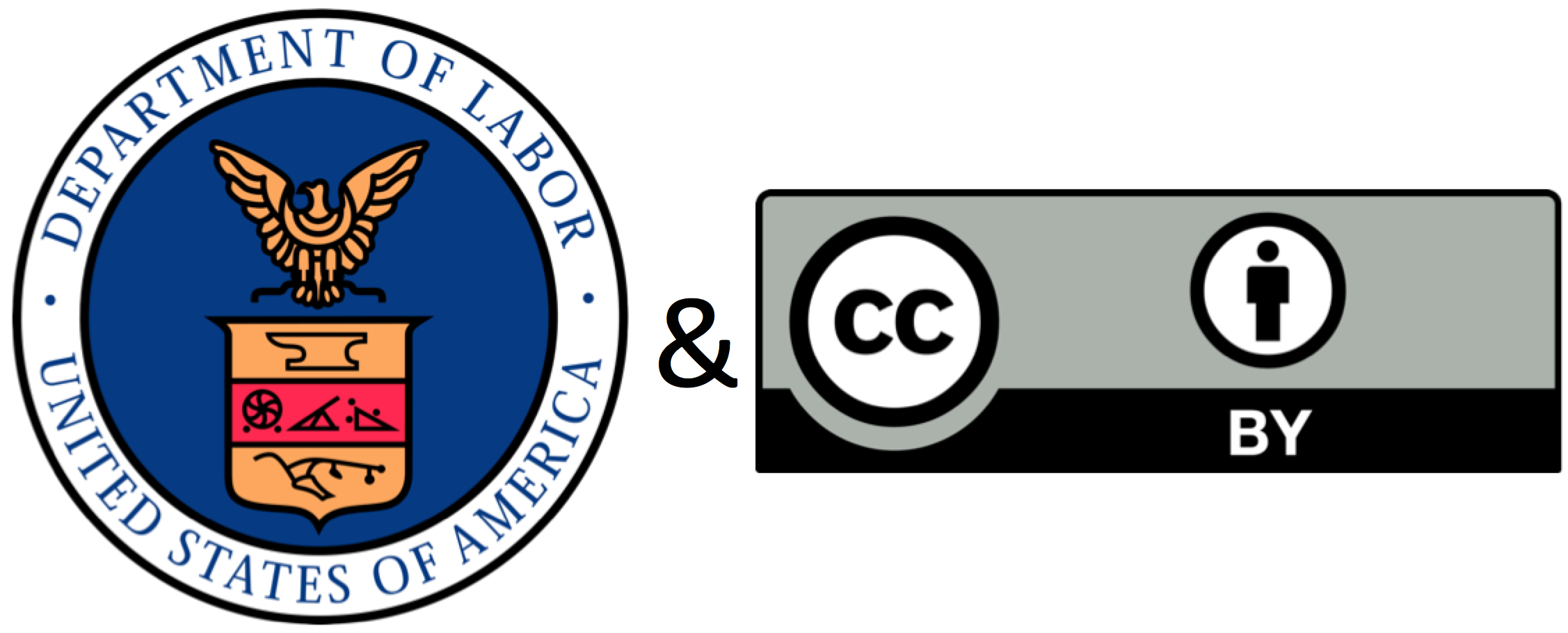The flip side of copyright
mardi 23 février 2016 à 22:19Fair Use Week 2016 is here, and we’re happy to celebrate it alongside many other organizations and individuals who believe in the importance of flexible exceptions to copyright law.
There are now over 1 billion CC-licensed works available, and these will always be free for anyone to use and share. CC licenses work because of the existing contours of copyright. We sometimes complain about the numerous negative aspects of our collective copyright rules—such as absurdly long terms, disproportionate infringement penalties, and a pervasive permission culture. At the same time, we also need to support and expand the features of our copyright law that make possible increased access to information, educational activities, and freedom of expression. We all can use the Creative Commons licenses to create our own commons of content that can be freely reused and shared. But we still rely on the fundamental checks and balances to copyright law to do things that would never be possible using open licensing alone. This is why we celebrate Fair Use Week.
Fair use “permits limited use of copyrighted material without acquiring permission from the rights holders…[including for] commentary, search engines, criticism, parody, news reporting, research, teaching, library archiving and scholarship.” Fair use is categorized as an exception to the exclusive rights granted to the copyright holder. A fair use is not an infringement of copyright.
The legal doctrine of fair use continues to get stronger. In the U.S., a court case held that creating copies of copyrighted works for the purpose of search is a fair use. Scholarly and creative disciplines like documentary filmmaking rely on collaboratively-developed best practices guides that steer fair use norms for their respective communities. The power behind fair use lies in its flexibility, which allows for changes in technology and how we interact with and use copyrighted works for creative production, teaching, and learning, as well as new practices in research and journalism.
There are still threats to realizing the full potential of flexible limitations and exceptions to copyright. For example, there are currently trade agreements in play that diminish the importance of limitations to copyright. Instead of securing mandatory limitations and exceptions for uses of copyrighted works under the TPP, all of the provisions that recognize the rights of the public are voluntary, whereas almost everything that benefits rightsholders is binding. Some scholarly publishers are trying to impose licenses that would restrict how researchers are able to conduct text and data mining. These licenses and contracts are problematic because they attempt to require permissions under the law where no permission would have been necessary otherwise. As we mentioned above, U.S. case law has already clarified that activities such as text and data mining will remain outside of the purview of copyright, while other countries are introducing specific legislative exemptions for it. Communia has written about how limitations and exceptions to copyright in the European Union should not be able to be moved aside by contract or license. Of course, Creative Commons licenses respect fair use and other exceptions and limitations to copyright. CC licenses end where copyright ends, which means you don’t need to comply with a CC license if you don’t need permission under copyright.
It’s clear that fair use and other limitations and exceptions are vital to a healthy copyright system. During Fair Use Week and the rest of the year, let’s continue to support and expand these critical user rights.
The post The flip side of copyright appeared first on Creative Commons blog.




